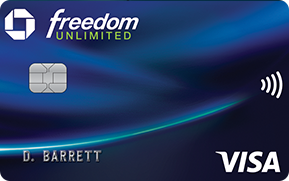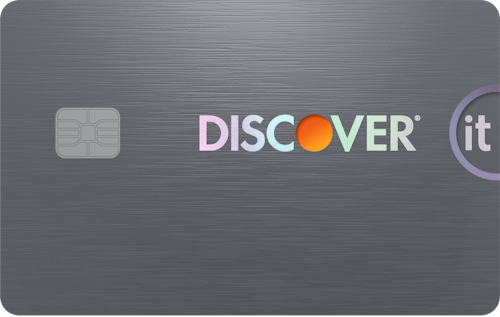Choosing Your First Credit Card: A Beginner's Guide
Jessica Miller
Choosing your first credit card is a significant step into the world of personal finance. It can be both exciting and daunting, but with the right information, you can make a choice that sets you up for financial success. This guide will walk you through everything you need to know.
What is a Credit Card?
A credit card is a payment card that allows you to borrow money from a financial institution to make purchases. You're essentially taking out a small, short-term loan every time you swipe. The issuer of the card (like a bank) creates a revolving account and grants you a line of credit, which is the maximum amount you can borrow.
Credit cards are powerful tools for building credit, earning rewards, and managing cash flow. However, they can also lead to debt if not used responsibly. Understanding how they work is the first step to using them wisely.
Key Factors to Consider
When you're looking for your first card, don't get distracted by flashy ads. Focus on these core features:
- Annual Fee: This is a yearly fee some cards charge just for having the account open. Many excellent beginner cards have no annual fee, so it's a good idea to start with one of those.
- Interest Rate (APR): The Annual Percentage Rate is the interest you'll be charged if you don't pay your balance in full each month. As a beginner, your primary goal should be to always pay your balance in full to avoid interest. However, it's still important to know the APR.
- Rewards: Some cards offer cashback, points, or miles on your purchases. While this is a great perk, your initial focus should be on building good credit habits, not chasing rewards.
- Credit Limit: This is the maximum amount you can charge to the card. It will likely be lower for your first card, and that's okay. It helps you learn to manage credit responsibly.
- Security Features: Look for cards with zero liability protection, fraud alerts, and the ability to lock your card instantly if lost or stolen.
- Reporting to Credit Bureaus: Make sure the card issuer reports to all three major credit bureaus (Experian, Equifax, and TransUnion) so your responsible use helps build your credit history.
How to Use Your First Credit Card Responsibly
- Pay On Time, Every Time: Set up automatic payments or reminders so you never miss a due date. Late payments can hurt your credit score and result in fees.
- Keep Your Balance Low: Try to use less than 30% of your credit limit. This helps your credit score and keeps you out of debt.
- Review Your Statements: Check your monthly statements for errors or unauthorized charges. Report any issues to your card issuer immediately.
- Avoid Cash Advances: These often come with high fees and interest rates. Stick to using your card for purchases only.
Common Mistakes to Avoid
- Only making the minimum payment. This leads to interest charges and can trap you in debt.
- Maxing out your card. High utilization can hurt your credit score and make it harder to pay off your balance.
- Applying for too many cards at once. Each application results in a hard inquiry, which can temporarily lower your score.
- Ignoring your credit report. Check your credit report regularly to ensure all information is accurate.
Building Credit for the Future
Responsible use of your first credit card is the foundation of a healthy financial life. Over time, good habits will help you qualify for better cards, loans, and even apartments or jobs. Remember, your credit journey is a marathon, not a sprint.
FAQs
- What if I have no credit history? Look for student cards or secured cards, which are designed for beginners. You may need to provide a security deposit for a secured card.
- How many credit cards should I have? Start with one. Once you're comfortable managing it, you can consider adding more to maximize rewards or benefits.
- Will applying for a card hurt my credit? A single application will have a small, temporary impact. Multiple applications in a short time can have a bigger effect.
- What should I do if my application is denied? Ask the issuer for the reason, work on improving your credit, and try again in a few months.


